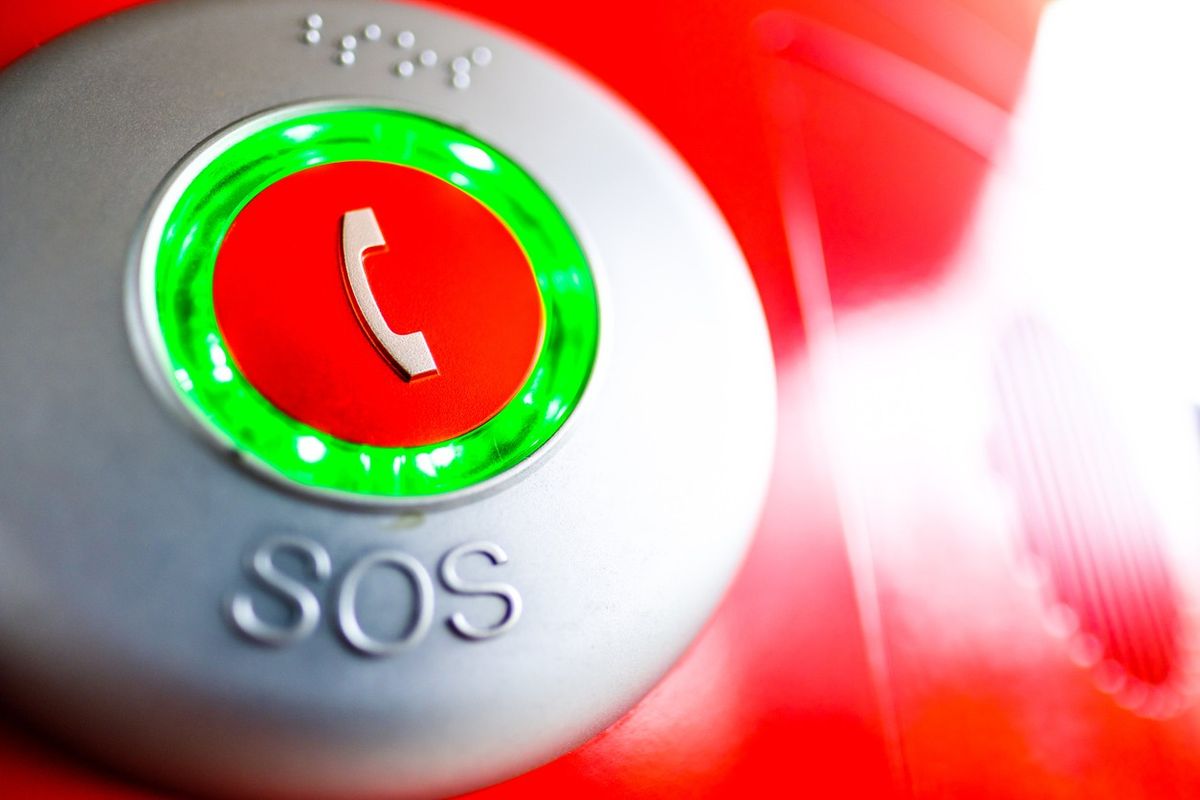New York state Senate on Friday passed legislation that would make most big retail chains to put panic buttons in their New York stores where employees can easily access them or provide staff with wearable, or mobile-phone-activated, panic buttons that summon emergency services.
The law, which is a reaction to rising threats to store clerks from thefts and violence, was already passed by the state's Assembly and now goes to governor Kathy Hochul for signature.
However, retail groups have criticised the law in part because installing the panic buttons would be costly.
Walmart's top corporate affairs officer told Reuters that the company opposes the panic button idea because it believes there are likely to be many false alarms.
"Eight out of 10 times somebody thinks something's going on, there's actually not," Dan Bartlett, Walmart executive vice president of corporate affairs, told Reuters on Friday.
Walmart said it hired its first chief safety officer in April to evaluate store worker safety. The largest retailer in the US, Walmart operates 4,700 stores, including 98 in New York state.
The panic button provision of the New York law would go into effect in 2027 for retailers with more than 500 employees nationwide.
The legislation would also require most retailers with 10 or more employees to provide violence prevention and safety training to their staff.
While Walmart is not unionised, the Retail, Wholesale and Department Store Union, which represents more than 100,000 US workers, has pushed for the bill to become law in New York.
A group of retail industry lobbyists including the National Retail Federation and the Food Industry Alliance of New York State has opposed it.
"The costly mandates proposed in the bill — including the installation of panic buttons — will do little, if anything, to address recidivists entering stores with the intent to engage in illegal activity such as shoplifting and assault," the group wrote in a May 28 letter.
They also endorsed a New York Police Department Community Affairs Bureau statement opposing panic buttons. A New York City council committee said in 2019 phone calls to 911 are better because they give responders vital information that panic buttons do not.
"We stand by the letter and have concerns relative to mandating panic buttons," Michael Durant, chief executive of the Food Industry Alliance of New York State, told Reuters on Saturday.
At Walmart's annual meeting in Bentonville, Arkansas, last week, shareholders voted down a proposal from Walmart store employee shareholders who wanted Walmart to conduct an independent review of its policies and practices on workplace safety and violence.
(Reuters)


